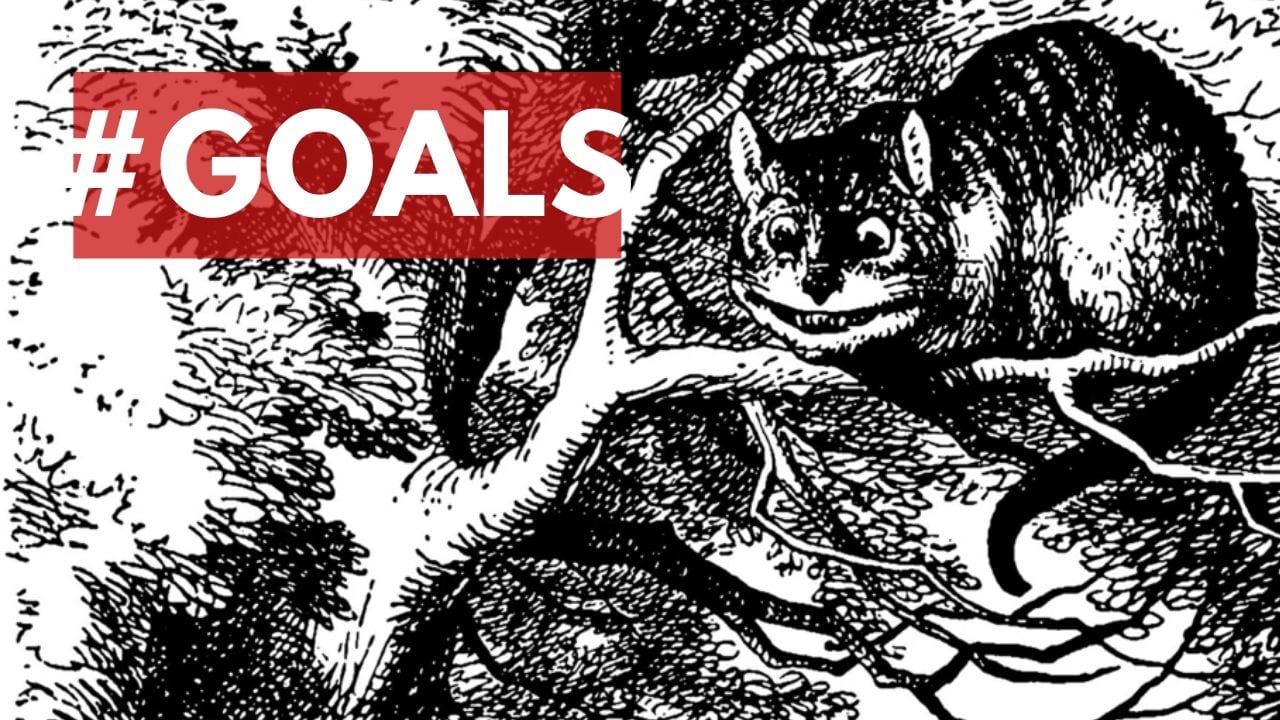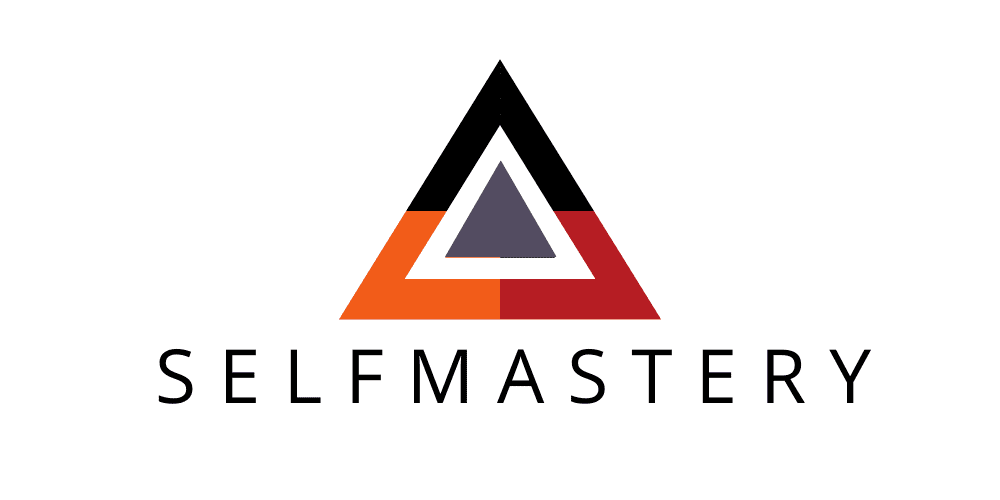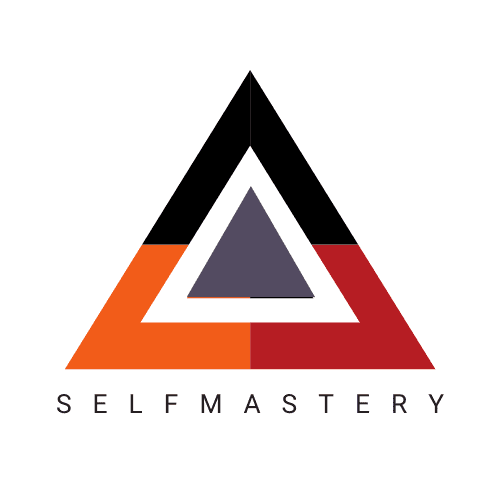
06 Nov #GOALS
Years ago, I had one excellent opportunity as a teacher. I was trusted to teach a whole class on the mathematical and literary aspects of Alice in Wonderland. For me, that shit was heaven. Let me put it this way, imagine you are a big Star Wars geek, and then a university decides to pay you to talk with smart kids about Star Wars for hours. I was so excited! I made my students buy this edition of the book. This was a natural first step for me. I am a person that loves books as objects, and so this felt like I had improved the quality of my students’ life on earth exponentially. I also made them watch Jan Svankmajer’s version of the book, which is always an illuminating experience. We talked about logic problems, the specificity of language and its limitations, how books should always have cool illustrations, drugs, creepy rabbits, and so on. It was a fucking blast.
There is one passage from the book that has always stuck with me: when Alice meets with the Cheshire Cat. Unfortunately I could not spend a lot of time on it with my students. It does not have the intellectual richness of the rest of the book, and so naturally our attention was not on it. However, for me, it has always been the most powerful part of the book, and I keep coming back to it over and over. You don’t need a lot of context to get it, so just read it for a second:
I often come to this passage in my work as a coach. I am in the business of helping people achieve their goals. I aim to be a Cheshire cat that helps my peeps find the road that will lead them to express their true selves in the most fulfilling and satisfying way they can. As you might expect, everybody that comes to me has a goal in mind. On the surface, they are not like Alice at all. They know where they want to go, feel they need a human GPS, and that’s it.
Think twice! My experience has shown me that more times than not, my athletes are, in fact, just like Alice. They know they want to go somewhere, but where that is is not entirely clear. Over the years, I have learned that I am a successful coach if I manage to do two things: a) define that destination very clearly; and b) make sure that their renewed goal is to embrace the road to the destination as their objective.
Well, the truth is that how to do a) is all about how to do goal-setting right. This is a fundamental skill set for any project that you endeavor to tackle. However, it is very common for people to come to me and have no idea how to do this. I even have had people that hate goal-setting. I understand why. Some people associate it with cheesy self-help. Some people just have had bad experiences with it. And most people don’t know how to do it. Yet, if you don’t know how to set your goals right, you will be always like Alice moving randomly through a world you don’t fully understand.
Before I present to you what I think is goal-setting gone right, let me present to you goal-setting gone wrong.
Example 1: Millennial Heartbreak
Francine’s daughter, Micah, is a sixteen year old YouTuber. She grew up with YouTube, and she knows all about it. She has done every single YouTube challenge there is. She has read every tutorial. She worked her ass off and bought herself a lovely Canon, an excellent light, and a good mic. She posts regularly, and the quality of her edits is pretty high. However, she feels she has little success, and she is highly frustrated with the whole thing. She has tried all different approaches and never has gotten where she wants to be. If you ask her, she is nothing like Alice. Her goal is clear: more followers. (If you find yourself judging the kid, and blaming social media for everything wrong in the world, remember your parents did that same thing with you and TV–just keep reading, at the end of this post you might change your mind.)
On the face of it, this is a valid goal. It is specific, measurable, achievable, relevant, and timely (SMART). However, if Micah came to me, I would help her see this is not really a good goal. You see, Micah has a desired outcome, not a goal. An outcome is the result of our actions and their interactions with the world. We can only control a tiny aspect of that scenario, so making the outcome our goal is almost always a guaranteed ride to frustration. She changes her tone and content with every new video. She reacts to every comment, like, and viewer. Because she is so focused on that number, she has created a channel where there is no cohesive nothing, and because of that she cannot create a stable audience.
Example 2: Punk Rock Heartbreak
Now even if you achieve an outcome goal, even if you make your behaviors and actions match your outcome goal, shit can go south pretty bad. When you were Micah’s age you probably suffered at least one very bad heartbreak. Adolescence is when you realize the harsh truth that you cannot make someone fall in love with you. This realization is also another case of goal-setting gone wrong. When you are in love, you naturally want to change how your loved one feels about you. And in teenage love there is but one outcome you desire, an outcome that will tell you they are in love with you: to make whoever you are after your boyfriend or girlfriend, no matter what.
Okay, let’s put some meat into this example. Let’s assume you are a punk rock teenager and fall in love with a super popular preppy girl. Let’s also assume your name is Juan and your head is full of 80s high school American movies of all sorts. You are a persevering Juan too. So you design a plan, you will dress in preppy clothes and make her your girlfriend, no matter what. Because you are one charming Juan, you manage to achieve this. She is your girlfriend. Goal achieved! But fuck! Now you realize that you are stuck with a preppy-clothes-Juan and a girl that kind of likes that, but does not really like or understand you at all. It is just stupid and wrong, and you don’t know how to act, and you feel insecure, and are always jealous and crey. You are in a bad clusterfuck of feelings you don’t understand, and emotions you can’t express. And the fucking movies did not explain this at all. Cool girl naturally dumps you after a few days for an older dude, and your heart is broken pretty fucking bad.
The 3 elements of effective goal-setting
Okay so now let me tell you how to do this goal-setting right. Let’s start by assuming the following. You are not completely like Alice. You have one idea of a goal you have. The objective here is to figure out how to make that goal a good one so that you get where you need to go. The first thing is to identify three aspects of this goal:
▶ The Purpose. This is the single most important thing you can do for any project or goal you have. Define its purpose to ground it and give it matter. It is easy to find your purpose if you ask yourself: what do I want to get out of this goal and why? By answering that, your goal will automatically gain weight and with that, gravity. There is one solid thing about Micah’s goal, and it is that it has a purpose. If you ask her why does she want more followers, she can tell you right away. She is not looking for validation or to match her self-worth with a number as you, older adult, might think. When she was growing up and feeling like a weirdo and a pariah at school, she found channels of other young YouTubers that were being their themselves online. Some of them were queer, some of them wanted to be singers and sang, some of them just wanted to be part of a network more significant than their school, which they hated. Micah felt like she had found her tribe. She became a full scholar of the whole thing, learned everything about every single YouTuber, learned what software they used, where they were, who started what challenge, who became whom, and so on. When she began recording the videos, Micah just wanted to be a part of the whole thing and to contribute to the YouTuber culture. When you ask her why she wants more followers, she will tell you she wants to be part of the community that helped her out of her little hole. Because YouTube is all Micah knows, she is trying to do it the only way she knows: by copying what she has seen. The cool thing is that once the purpose of her goal is explicit, the whole thing changes. She realizes she wants to participate in that community. She wants to contribute. Micah does not want to be a big YouTuber like the ones she follows. Her focus changes, she starts posting videos about the culture and tutorials for other kids on how to record their videos. She tells her story and hopes any other kid in her shoes feels supported and goes through the change she went through. Micah stops focusing on just any followers; she wants other kids that love the whole thing as she does. The desired outcome has not changed much; the number of followers is still an informative metric for her, but it does not determine if she achieves her goal or not, it just helps her see if she is moving in the right direction. She starts tracking other outcomes, like the number of positive engagements her videos generate. Frustration is not there anymore, and the whole thing starts to have less power over her–yes, Micah is a very mature teenager.
▶ The Value. This one is way harder to confront than the previous one. We are often so attached to our goals that we fail to see how they will benefit us. Moreover we are so attached to them that we avoid this one, #realtalk. Ask yourself: how does achieving this goal add value to my life? Answering this question will keep your methods and your inputs in place. Juan was too young to know how a romantic relationship could add value to his life. If he had known that being able to be yourself and be seen by your partner is the only way to create a home, a place where you can share your true self without judgement, a safe haven from the hardships of daily life, he would have never tried to be preppy to get a girlfriend. Like Juan, we often don’t identify the value of our goals. The problem is if you are going to invest your time in them you better have very clear what you are getting out of them. Most of my clients’ goals are health-related. Having made clear that the value we seek is to add health to their lives has saved us from frustrations and stress.
▶ The Outcomes. Yes! Of course, every goal should have outcomes. Once you have the purpose and value clear ask yourself: how do I know if I am heading in the right direction? The answer to this should be as specific as possible. These are the markers you are going to use to inform you and to guide you, but they are not objective in themselves. Let’s imagine that Juan finally got married and his goal is to do everything he can to better his relationship with his wife. A good outcome to track will be the number of fights they have each month, and the intensity of said fights. One sub-goal here to learn techniques on how to fight better, with a more empathetic and vulnerable approach, not to have 0 fights. However tracking the number of fights and the intensity, can inform him if he is moving in the right direction. It can be exactly what motivates Juan to keep reading all those relationship books, keep journaling at night when he is mad, and keep doing his meditation practice in the morning.
I think of a good goal as the center of mass in a triangle in which value, purpose, and outcomes are all calibrated and talking to each other. Each one is an expression of the other.


